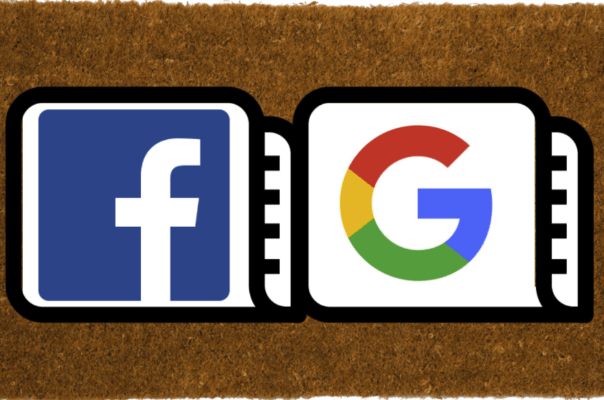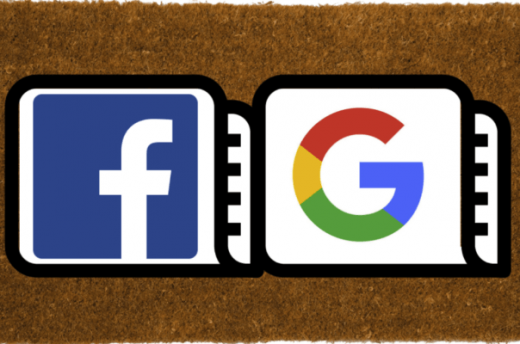Can Facebook And Google Survive The Centuries?
Can Facebook And Google Survive The Centuries?
We took our drinks outside to enjoy the sun while we waited for our fries. It was warm but windy; a plastic canopy surrounded the deck to give us shelter. The canopy was branded. “Guinness,” it proclaimed. “Established 1759.”

“Nearly 260 years old,” I mused aloud. My companion replied with a question: “Are there any companies around today that you think will last 260 years?” And because when I think of “companies around today” my first thoughts are of Google, Facebook, and their ilk, my response was immediate and, perhaps, overly certain: “No.”
No, I cannot imagine Google still around in 2258, 260 years since its formation by Sergey Brin and Larry Page. No, I cannot imagine Facebook still bringing people closer together in 2264. The same holds true for Apple, Amazon, Microsoft, IBM, Salesforce, and so on.
This is not because I have any doubt in the ability of these companies to innovate and execute. In fact, it’s not because of any failing of the companies at all. It’s because of my total conviction that, 200+ years from now, the world will look absolutely nothing like it does today. And unlike the timelessness of Guinness, these companies are products of their era.
With two of them passing $1 trillion in market cap, it can be hard to imagine a future without them. After all, it’s a winner-take-all environment, and surely they’ve won?
But history is littered with tales of once-mighty, seemingly indomitable empires that are now nothing more than memories. Their downfall started with a few cracks, a few missteps, a few bad judgments. Isn’t it possible to envision these technological empires suffering the same fate?
A few data breaches — some of which the company neglects to communicate to the affected parties. A few congressional hearings. The gradual loss of public trust. Who knows? Maybe even some regulation or anti-monopolistic dismantling. There is nothing to say that continued dominance by today’s tech giants is inevitable into the future.
More importantly, though, is that, while we don’t know what the future will hold, we do know it doesn’t look like today.
Maybe we’re all operating with implants, leveraging augmented intelligence to be connected directly to each other in a manner perfectly optimized for our personal happiness and the happiness of society at large. Maybe we no longer shop online; maybe all products are 3D-printed the moment we think of them. Maybe global warming has caused civilization to collapse, or we’ve run out of energy and no longer have the Internet, or hackers took control of the grid and destroyed it all.
To survive the centuries, you have to get it right not just once, or twice, or 10 times. You have to get it right every time. Of course, it’s also possible that I’m entirely wrong and that, as the future unfolds before us, the tech giants of today do what they’re best known for: they innovate. They adapt. They sense the shifting winds and evolve to be suited not for 2018, but for 2118, or 2228. It is absolutely possible.
But — should I admit it? — I hope it doesn’t happen. I hope humanity’s evolution is greater then the evolution of a handful of tech behemoths. I hope we look back on this time as an adolescence in our technological progression, and wonder how on earth we used to spend so much time poring over our Facebook status or Instagram likes or which phone we had.
I hope we become better than that. The future depends on it.
(8)


